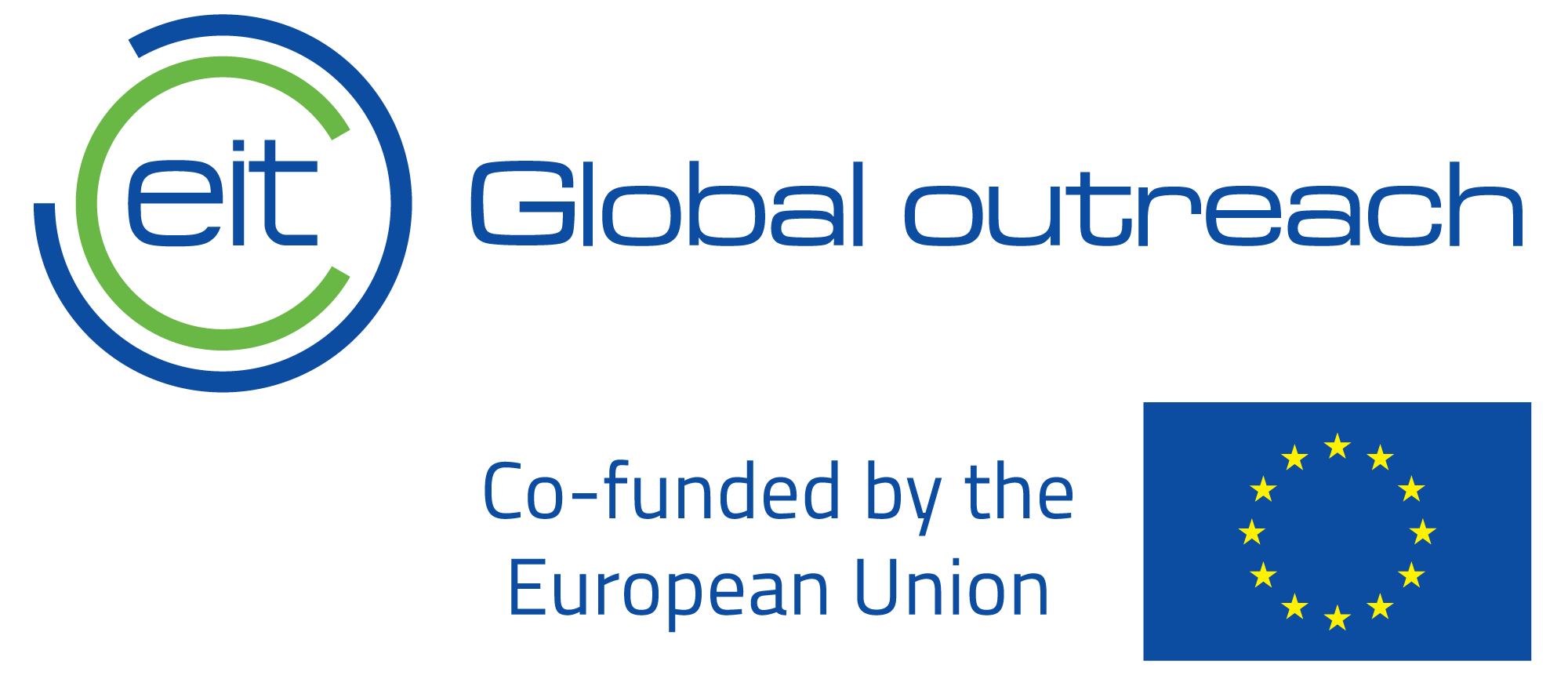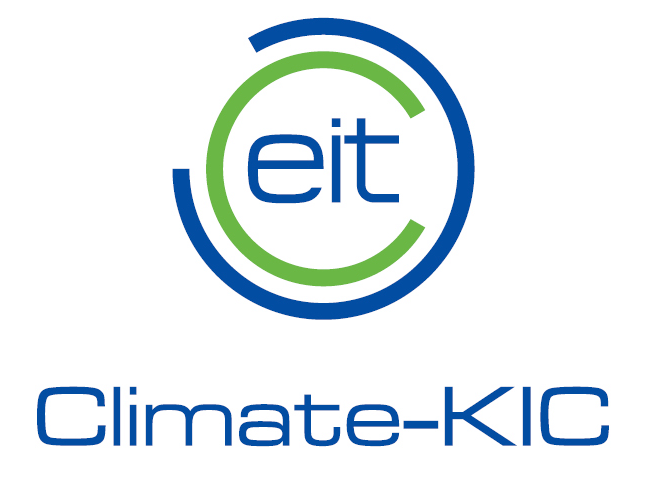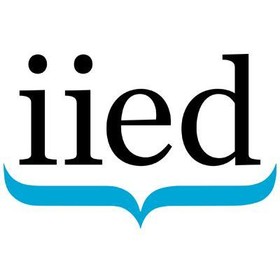International Climate Innovators Meet U.S. Capital
Featuring International Nonprofits, U.S. Investors & Global Startups.
We’re bringing you a day packed with educational content and insights from key stakeholders across the public and private sectors, including investors, startup founders, banks, nonprofits, and more.
September 25th, 2024
Civic Hall, 124 E 14th St, New York
9AM – 9PM
Civic Hall, 124 E 14th St, New York
9AM – 9PM

































































